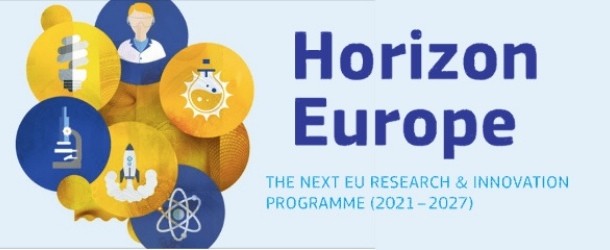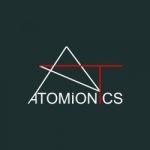Europe Loosens Funding Rules for Non-EU Quantum and Space Researchers

(ScienceMag) The European Union has walked back an attempt to bar some non-EU nations from access to quantum computing and space projects. A major new round in the €95.5 billion Horizon Europe funding program announced today will allow some non-EU countries to join such projects—but the European Union will seek special “assurances” to guarantee its interests will be protected.
The European Commission, the European Union’s executive arm, had wanted to bar the United Kingdom, Israel, Switzerland, and several other countries from participating in dozens of quantum computing and space projects, which it believes to be of strategic importance to the European Union. But a coalition of EU member states, led by Germany, pushed back, arguing to include “associate” countries that pay for full access to EU research programs. The United Kingdom struck such a deal last year, whereas Switzerland and Israel hope to renew the association agreements they had for Horizon 2020, Horizon Europe’s predecessor.
A compromise worked out earlier this month allows associate countries to take part in quantum and space projects, including nearly two dozen identified as particularly sensitive, as long as they provide “assurances” to protect the European Union’s strategic interests. In the coming months, the Commission and member states will work out what exactly those assurances are, and the 21 affected calls are expected to open in October. The Commission also would need the support of a majority of EU member states before an associate country could be excluded from a call.



















